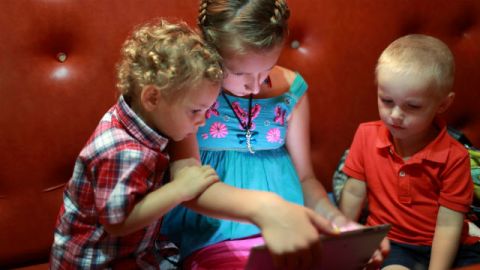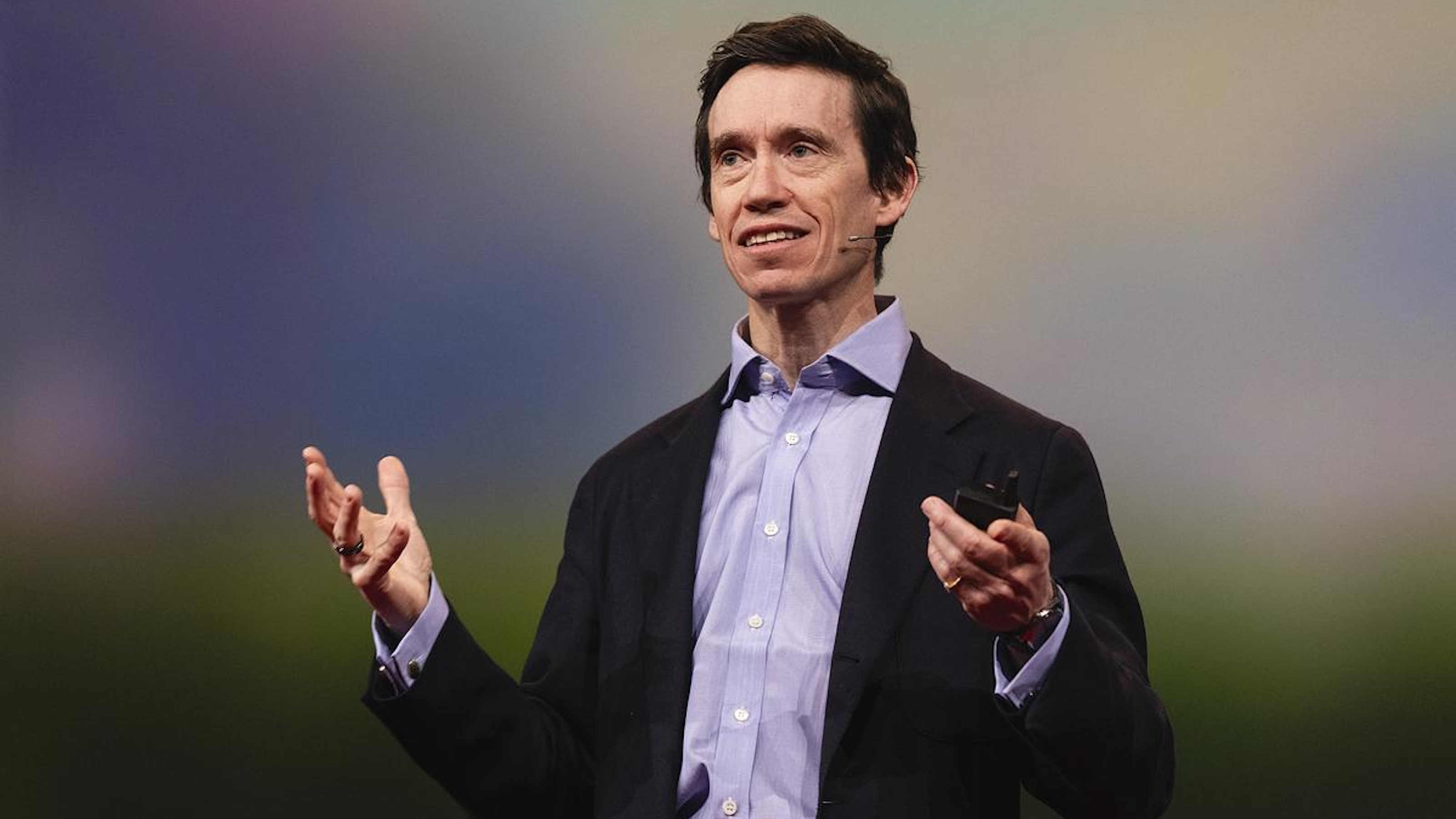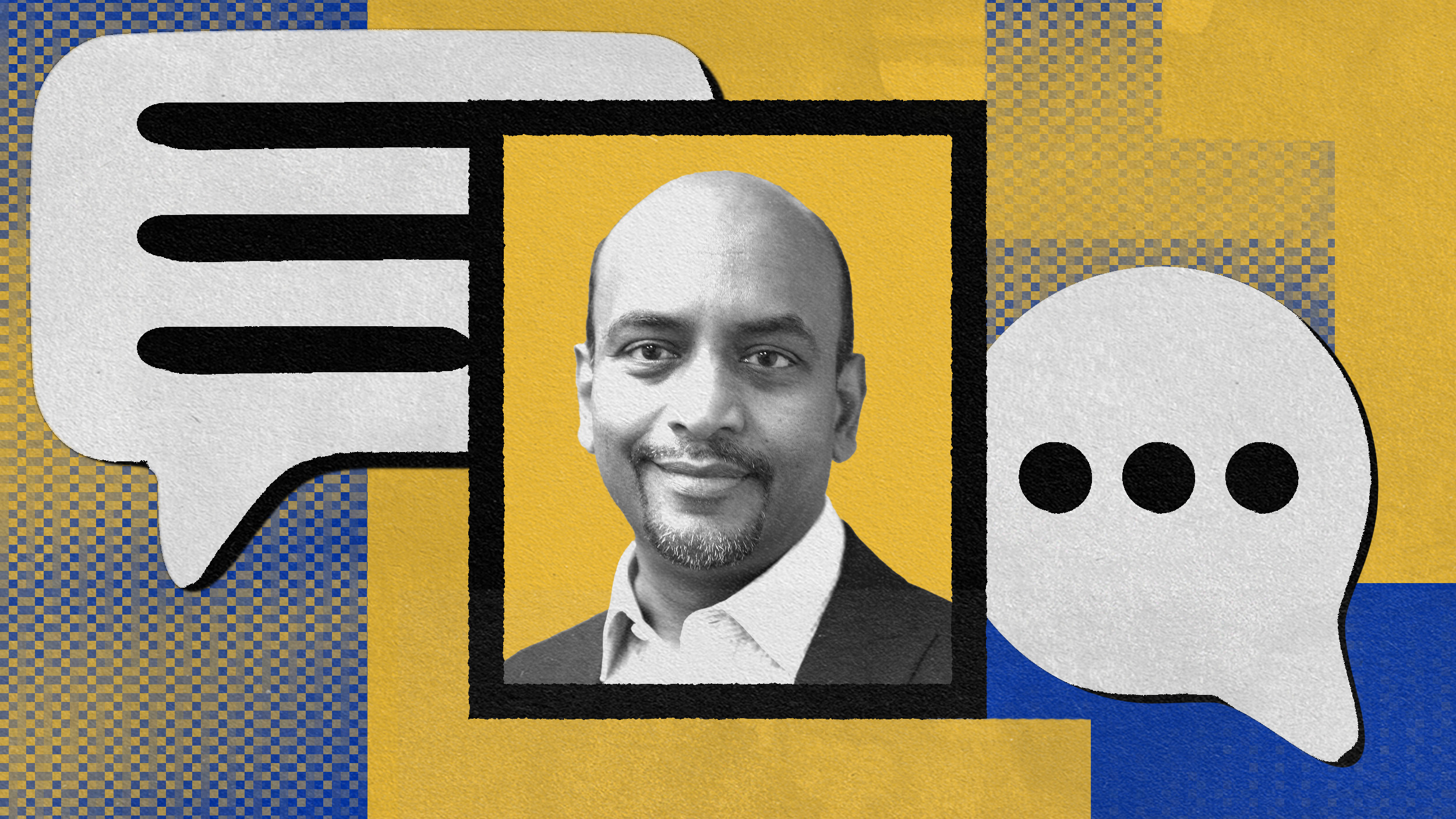Educating for the 21st Century

The world is rapidly becoming a different place, with globalization and modernization imposing huge challenges to individuals and societies. Schools need to prepare students to live and work in a world in which most people will need to collaborate with people of diverse cultural origins, and appreciate different ideas, perspectives and values; a world in which people need to decide how to trust and collaborate across such differences, often bridging space and time through technology; and a world in which their lives will be affected by issues that transcend national boundaries. Twenty-first century schools help students to develop autonomy and identity that is cognizant of the reality of national and global pluralism, equipping them to join others in life, work, and citizenship.
These days, we no longer know exactly how things will unfold, often we are surprised and need to learn from the extraordinary, and sometimes we make mistakes along the way. And it will often be the mistakes and failures, when properly understood, that create the context for learning and growth. A generation ago, teachers could expect that what they taught would last for a lifetime of their students. Today, schools need to prepare students for more rapid economic and social change than ever before, for jobs that have not yet been created, to use technologies that have not yet been invented, and to solve social problems that we don’t yet know will arise. Twenty-first century skills help people, organizations and systems persist, perhaps even thrive, amid unforeseeable disruptions. And at the aggregate level, they provide communities, institutions and infrastructure with the needed flexibility, intelligence and responsiveness to economic and social change.
How do we foster motivated, engaged learners who are prepared to conquer the unforeseen challenges of tomorrow, not to speak of those of today? The dilemma for educators is that routine cognitive skills, the skills that are easiest to teach and easiest to test, are also the skills that are easiest to digitize, automate, and outsource. There is no question that state-of-the-art knowledge and skills in a discipline will always remain important. Innovative or creative people generally have specialized skills in a field of knowledge or a practice. And as much as “learning to learn” skills are important, we always learn by learning something. However, educational success is no longer about reproducing content knowledge, but about extrapolating from what we know and applying that knowledge in novel situations. Put simply, the world no longer rewards people for what they know – Google knows everything – but for what they can do with what they know. Because that is the main differentiator today, global education today needs to be much more about ways of thinking, involving creativity, critical thinking, problem-solving and decision-making; about ways of working, including communication and collaboration; about tools for working, including the capacity to recognize and exploit the potential of new technologies; and, last but not least, about the social and emotional skills that help us live and work together.
Conventionally our approach to problems was breaking them down into manageable bits and pieces, and then to teach students the techniques to solve them. But today we create value by synthesizing the disparate bits. This is about curiosity, open-mindedness, making connections between ideas that previously seemed unrelated, which requires being familiar with and receptive to knowledge in other fields than our own. If we spend our whole life in a silo of a single discipline, we will not gain the imaginative skills to connect the dots where the next invention will come from.
The world is also no longer divided into specialists and generalist. Specialists generally have deep skills and narrow scope, giving them expertise that is recognized by peers but not valued outside their domain. Generalists have broad scope but shallow skills. What counts today are the versatilists who are able to apply depth of skill to a progressively widening scope of situations and experiences, gaining new competencies, building relationships, and assuming new roles. They are capable not only of constantly adapting but also of constantly learning and growing, of positioning themselves and repositioning themselves in a fast changing world.
Equally important, the more content knowledge we can search and access, the more important becomes the capacity to make sense out of this content, the capacity of individuals to question or seek to improve the accepted knowledge and practices of their time. In the past, you could tell students to look into an encyclopedia when they needed some information, and you could tell them that they could generally rely on what they found to be true. Today, literacy is about managing non-linear information structures, building your own mental representation of information as you find your own way through hypertext on the internet, about dealing with ambiguity, interpreting and resolving conflicting pieces of information that we find somewhere on the web.
Perhaps most importantly, in today’s schools, students typically learn individually and at the end of the school year, we certify their individual achievements. But the more interdependent the world becomes, the more we need great collaborators and orchestrators. Innovation today is rarely the product of individuals working in isolation but an outcome of how we mobilize, share and link knowledge. In the flat world, everything that is our proprietary knowledge today will be a commodity available to everyone else tomorrow. Because technology has enabled us to act on our imaginations in ways that we could never before, value is less and less created vertically through command and control – because everyone can do that anywhere in the world – but increasingly so horizontally by whom we connect and work with. Success will be with those who master the new forms of collaboration.
Expressed differently, schools need to drive a shift from a world where knowledge that is stacked up somewhere depreciating rapidly in value towards a world in which the enriching power of communication and collaborative flows is increasing. And they will need to help the next generation to better reconcile resilience – managing in an imbalanced world – with greater sustainability – putting the world back into balance.
Watch Big Think‘s interview with Andreas Schleicher at the Global Education & Skills Forum in Dubai:
Image credit: Chubykin Arkady/Shutterstock





